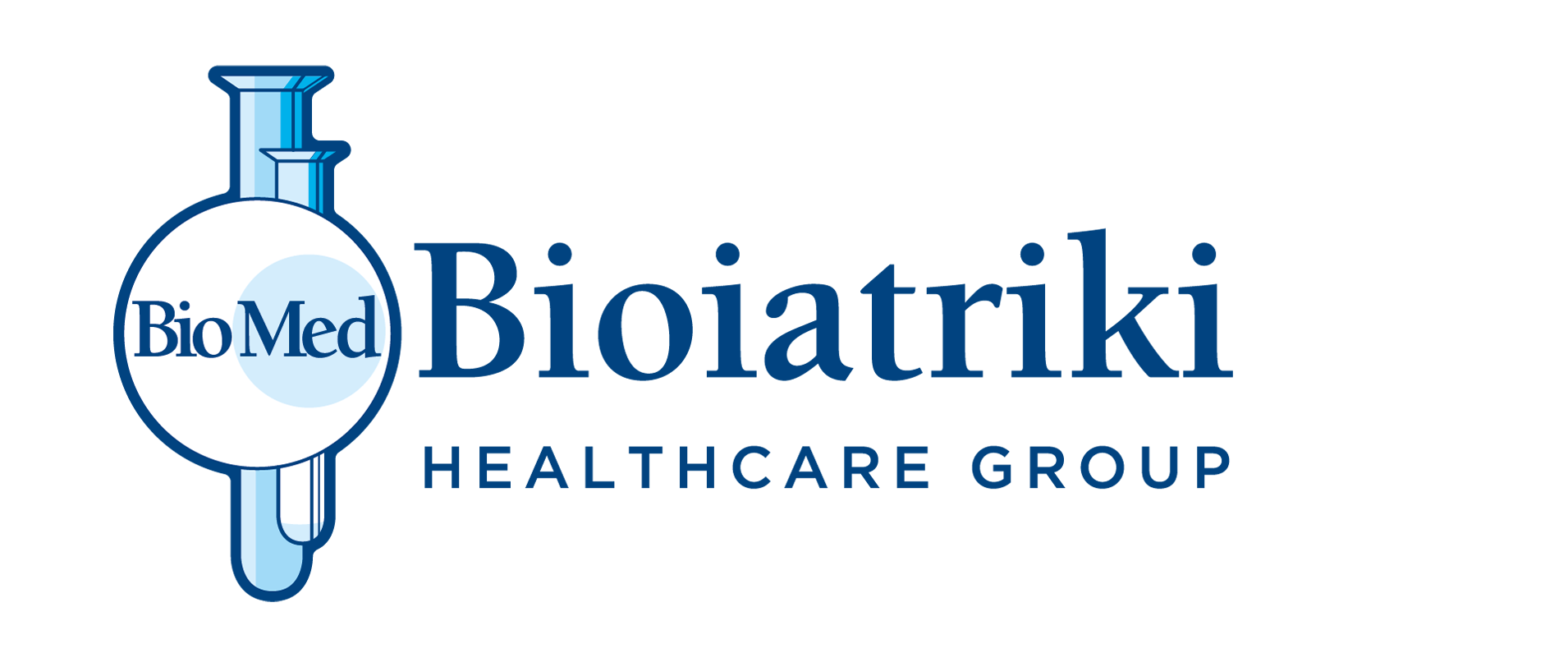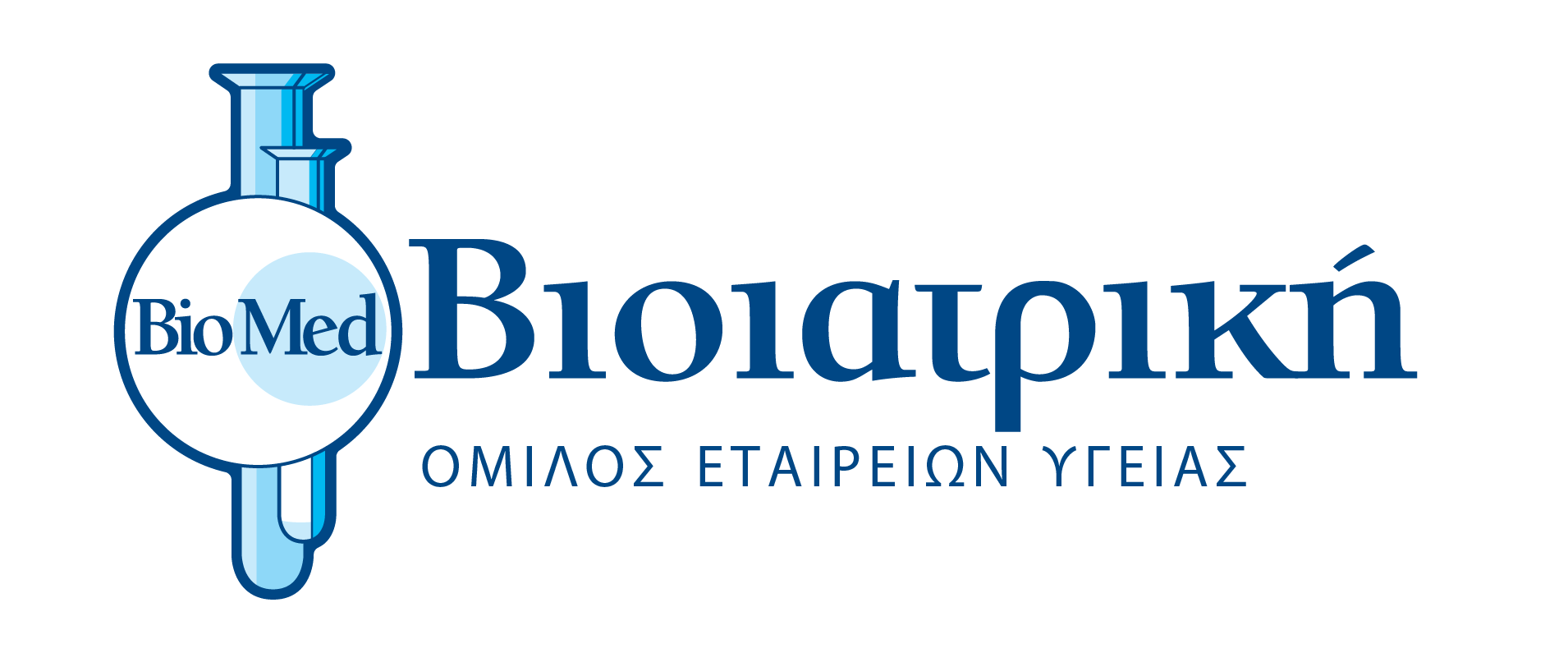
by Dr. Aikaterini Raka*
According to WHO, diabetes is a daily challenge for over 430 million people worldwide. This is hyperglycemia, that is, elevated blood sugar levels, which is due failure to successfully process the carbohydrates from our diet. In other words, diabetes is nothing more than an abnormality of carbohydrate metabolism, almost always due to a deficiency or complete absence of insulin.
The production or not of insulin determines the type of diabetes. Therefore, there is either type I Diabetes (or insulin-dependent diabetes) or type ΙΙ Diabetes.
Type I Diabetes accounts for 10% of all cases of hyperglycemia. It usually emerges after viral infections that are related to the pancreas. During this time, our antibodies do not act against the virus, instead they are turning against the pancreatic beta cells. This type of autoimmunity usually coexists with other autoimmune diseases, such as autoimmune thyroiditis, Crohn’s disease, and ulcerative colitis. It manifests at any age regardless the patient’s lifestyle, even in young children, and it is caused by carbohydrate intake and hereditary predisposition.
In contrast, type ΙΙ Diabetes (or non-insulin dependent diabetes), is due to pancreatic inability to produce enough insulin. Therefore, the over the limit carbohydrate consumption (usually in obese patients) cannot be processed by the metabolism resulting in the accumulation of glucose in blood.
On the other hand, individuals who maintain a normal body weight, exercise, don’t smoke, don’t consume too much alcohol, and follow a Mediterranean diet, may not develop the disease even if there is a genetic predisposition. Additionally, those who have developed type ΙΙ Diabetes and started improving their diet and sleep, controlled their weight, exercised daily, and generally followed a healthy lifestyle, ended up correcting their blood sugar levels without any medication.
Usually, type I diabetes is an autoimmune disease, while type II diabetes is due to unhealthy lifestyle.
The risk factors for developing type ΙΙ Diabetes are:
Obesity
Genetic predisposition
Lack of exercise, smoking, alcohol consumption, stress, and poor nutrition
Hormonal-related diseases such as polycystic ovaries, metabolic syndrome, and hyperuricemia.
Pregnancy diabetes
Medicines such as androgens, and corticosteroids
Overweight newborns or premature infants
Symptoms
Food overconsumption
Polydipsia
Polyuria
Nocturia
Fatigue
Sleepiness
Vision issues
Extreme weight loss
The complications of the disease include: destruction of small vessel endothelium, diabetic retinopathy, destruction of renal glomeruli (diabetic nephropathy) and renal failure, cardiac issues, wound healing issues, risk of gangrene, etc.
The first step to determine the type of diabetes is insulin measurement which ranges from zero to normal levels. A second test is the insulin resistance test which is an indicator of the effectiveness of the insulin produced in type II Diabetes.
During random blood sampling (not after fasting) the benchmark for blood glucose levels is 200 mg/dl. Fasting glucose levels > or equal to 126 mg/dl, glucose levels 2 hours after ingestion of 75 gr of glucose > or equal to 200 mg/dl, and hemoglobin A1c > or equal to 6.5.
The latter test is of high importance as it monitors blood sugar levels over a three-month period, since this is the lifetime of the red blood cells, and therefore, the carried Hb. It also shows the percentage of A1c that combines with glucose when its levels exceed 160 mg/dl.
Equally important are also the stages before the onset of symptoms:
Asymptomatic hyperglycemia
– Fasting glucose: 126-140 mg/dl
– Glucose levels 2 hours after consuming 75 gr of glucose > or equal to 200 mg/dl
– HbA1c> 6.5
Prediabetes:
– Fasting glucose: 100-125 mg/dl
– Glucose levels 2 hours after consuming 75 gr of glucose: 140-199 mg/dl
-HbA1c: 5.7–6.5
Suggested laboratory tests for diabetes diagnosis:
Blood glucose
Glucose levels 2 hours after consuming 75 gr of glucose
A1c
Insulin
Insulin resistance
TSH, FT4
Uric acid
Suggested laboratory tests for investigation:
Urea
Creatinine
LDH
CPK
SGOT
SGPT
Vitamin D
Blood lipids
B2 microglobulin
Albumin
Urine test: Urea, creatinine, albumin/creatinine ration, albumin in 24-hour urine.
Suggested laboratory testing for follow-up:
Every 3 months everything mentioned above.
And don’t forget: Prevention is the best cure. Dates to the lips of Hippocrates, but
always relevant!
*Biopathologist – Microbiologist, Member of the Medical Team of Yiannoukas Medical Laboratories – BIOIATRIKI Healthcare Group in Cyprus.









